What is supplement packaging?
Packaging is the procedure of encasing a product in protective material in order to assure its safety, preservation, and market appeal. Packaging is extremely important in the supplement sector for maintaining the quality of vitamins, nutritional supplements, and other health products from manufacturing to consumption. It entails the design, development, and application of packaging, labelling, and protective materials to improve user experience, brand identification, and product visibility.
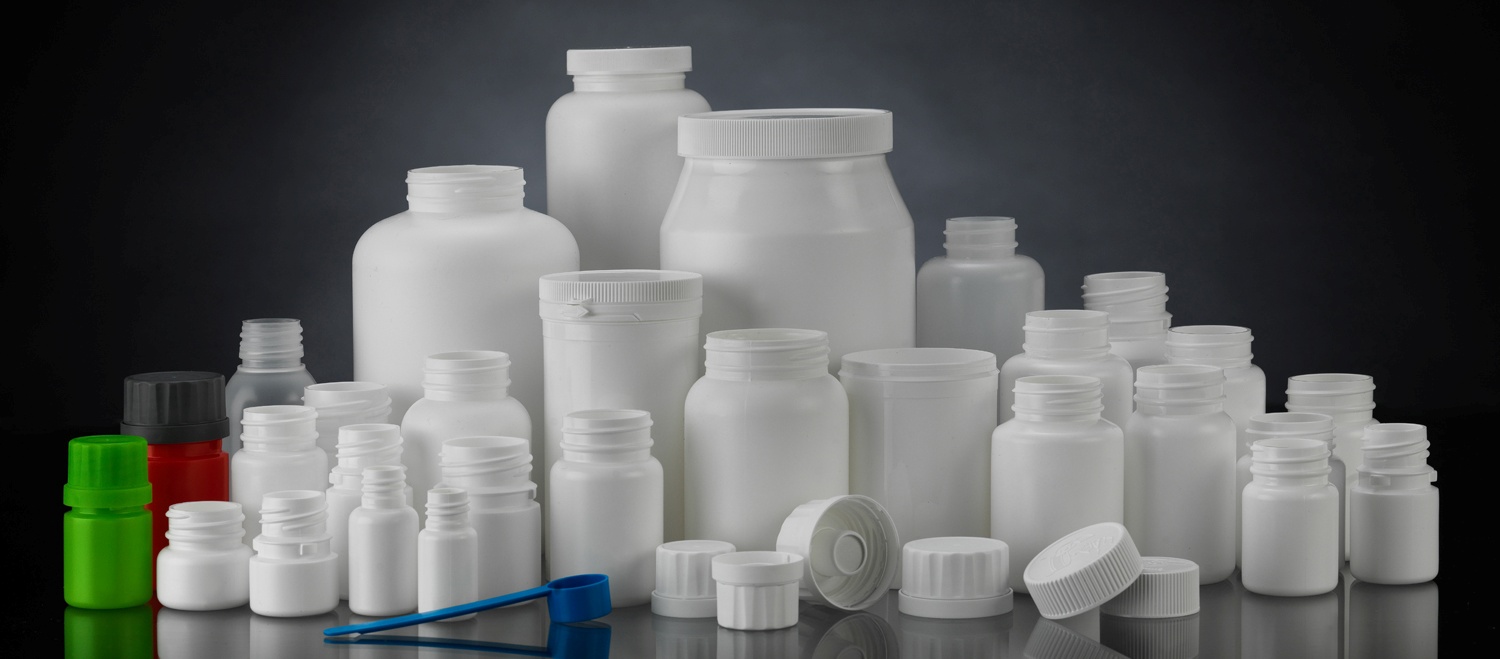
In the supplement industry, packaging serves more purposes than just keeping the product contained. It fulfils a variety of functions that help supplement companies succeed and customers be happy, including:
- Product Identification: Packaging acts as a form of product identification and branding. Supplements stand out on retail displays or online platforms because to distinctive brand logos, eye-catching container designs, and easy customer recognition.
- Information & Labelling: Supplement packaging is a crucial means for conveying key information to customers. It comprises component lists, dosing guidelines, nutritional information, and any pertinent health claims that are displayed on product labels. Clear and accurate labelling allows customers to make sensible choices about the supplements they buy.
- Portable and Convenient: Packaging design takes consumer comfort and mobility into account. Because supplements are frequently taken every day, it’s crucial to have packaging that is simple to handle, transport, and store. Packaging that is portable and easy to use improves the overall user experience.
- Regulatory Adherence: To maintain customer safety and ethical marketing practises, packaging must adhere to industry norms and standards established by health authorities. To be lawful and sellable, dietary supplement items must adhere to regulatory criteria.
- Branding and Marketing: Branding and marketing strategies can benefit greatly from the packaging. It creates a visual connect with customers by communicating the brand’s identity, values, and messages. Potential clients can be drawn in and brand loyalty can be developed with attractive and well-designed packaging.
In the supplement sector, packaging serves more purposes than merely keeping items contained. It functions as a barrier, educational resource, and branding tool that is essential to the success of the market, the preservation of the product, and consumer happiness. Supplements are more valuable overall when they are packaged thoughtfully and properly, ensuring they reach customers in the optimal condition while clearly communicating the brand’s image and mission.
What are different types of packaging used in supplement industry?
The supplement market uses a range of packaging that fulfil the varied customer demands, guarantee product safety, and improve market exposure. Every kind of packaging has a particular use and offers certain benefits. The following are some of the typical package styles used in the dietary supplement sector:
- Bottles and Jars: One of the most common forms of supplement packaging is bottles and jars. They are available in a variety of sizes and shapes, such as wide-mouth jars, square bottles, and cylindrical bottles. They are frequently made of plastic, glass, or occasionally aluminium. Child restraint caps are also often used in these bottles to make sure that the bottles is not tampered by children. The stability and endurance of the supplements are ensured by the bottles and jars, which provide exceptional protection against humidity, sunlight, and air.
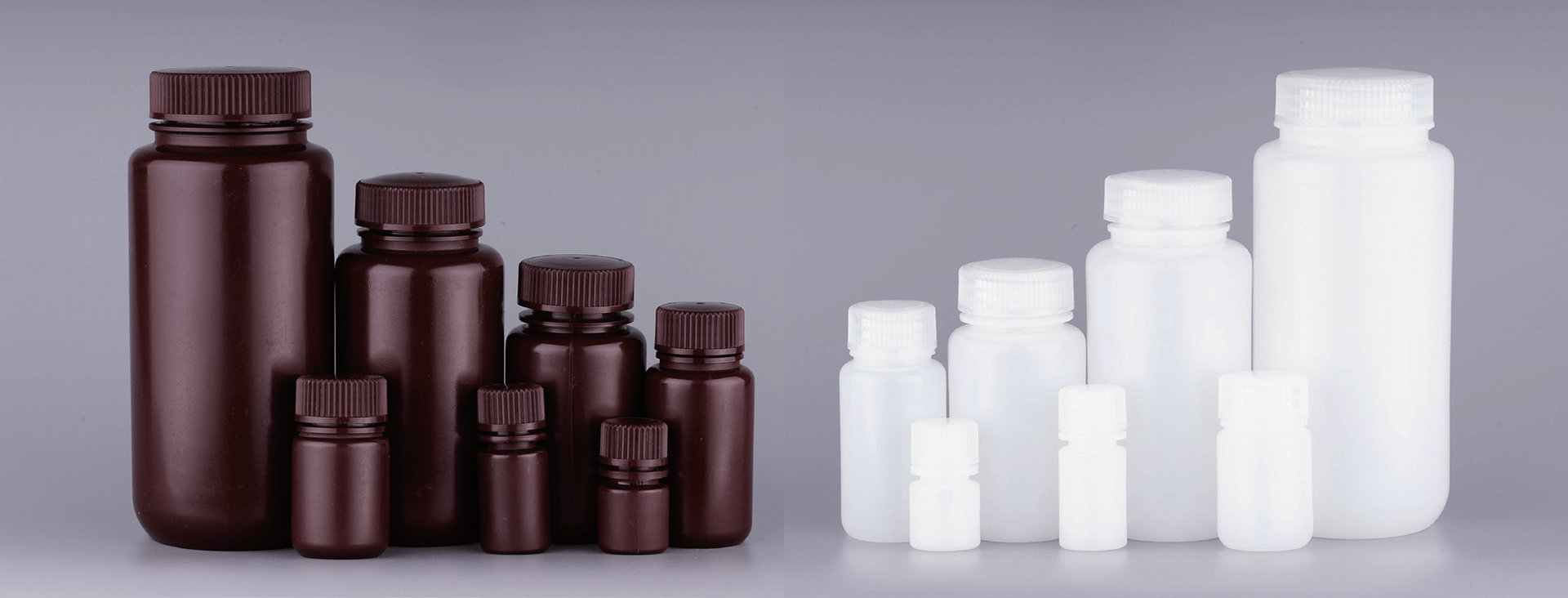
Suitable for: Tablets and Capsules
- Blister packaging: Blister packs are made up of discrete sections that store a single serving of a supplement. These pre-formed, sealed packets offer great protection against tampering and contamination. Blister packs are often used for single-dose or multi-dose packaging, making them easy for customers to carry and use while on the go.

Suitable for: Tablets and Capsules
- Alu Alu packaging: Alu Alu packaging is a type of blister packaging with three layers: two layers of polyester sheets surrounding an aluminium foil. Supplements are protected from moisture, light, and contaminants from the environment by this combination’s outstanding barrier capabilities. Packaging made of aluminium lengthens the shelf life of supplements and maintains product stability. Additionally, it also provides tamper-resistant measures that reassure customers about the legitimacy and security of the goods.

Suitable for: Tablets and Capsules
- Effervescent Bottles: Effervescent supplements, which fizz when dissolved in water, are packaged only in effervescent bottles. These containers are perfect for tablets or powders that need to absorb quickly and have a high bioavailability. To preserve the product’s freshness and limit moisture incursion, effervescent bottles frequently include airtight lids. Since they have a pleasant taste and a variety of flavours to choose from, they provide a distinctive and interesting supplement eating experience.
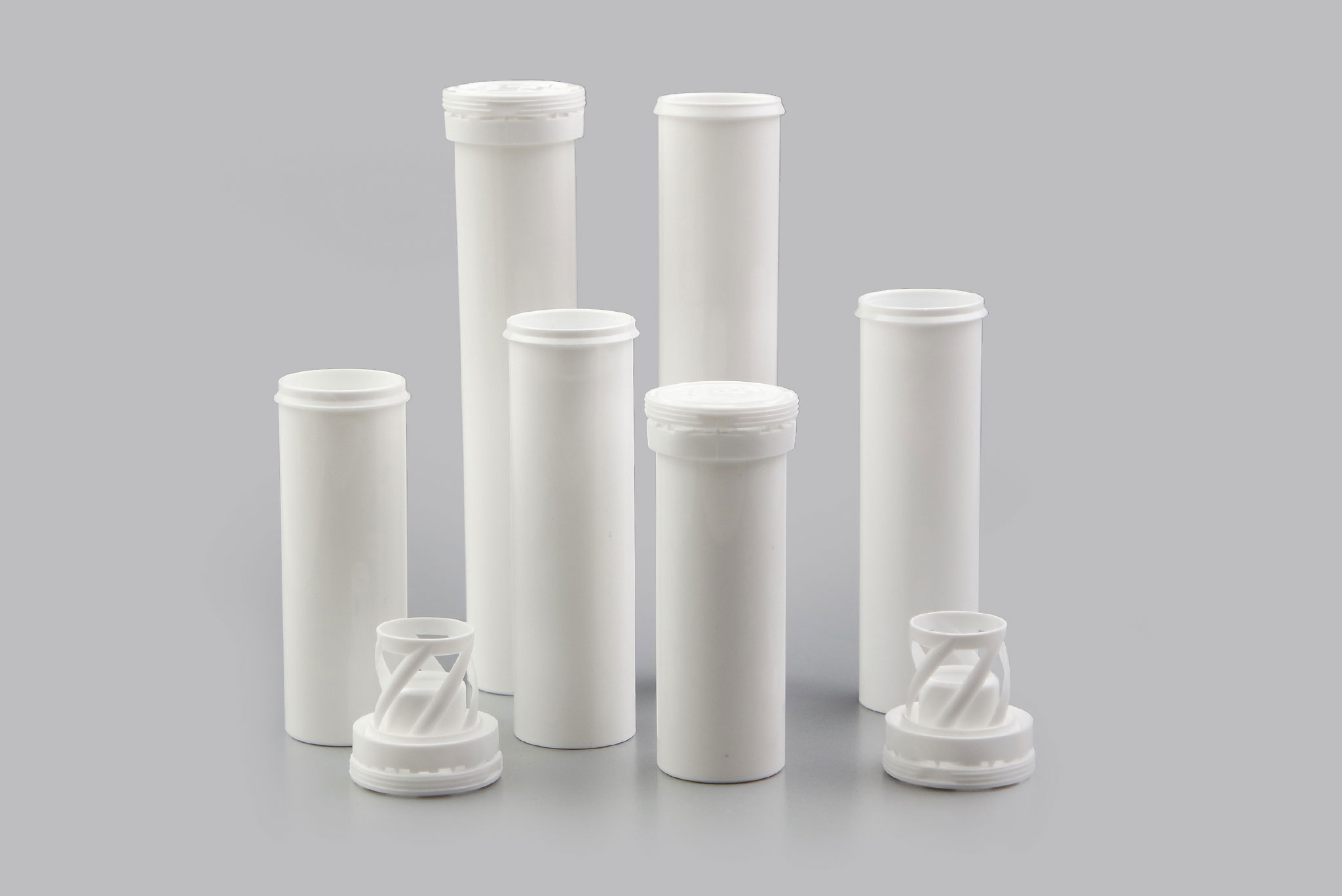
Suitable for: Tablets (Effervescent)
- Stick packs and Sachets: Sachets and stick packs are single-serving packaging formats that carry a predetermined amount of powdered supplements. These are practical for customers who prefer pre-measured amounts or who have to carry supplements while travelling. Sachets and stick packs are easy to carry and are frequently used for powdered supplements such as protein powders, energizers, and meal substitutes.
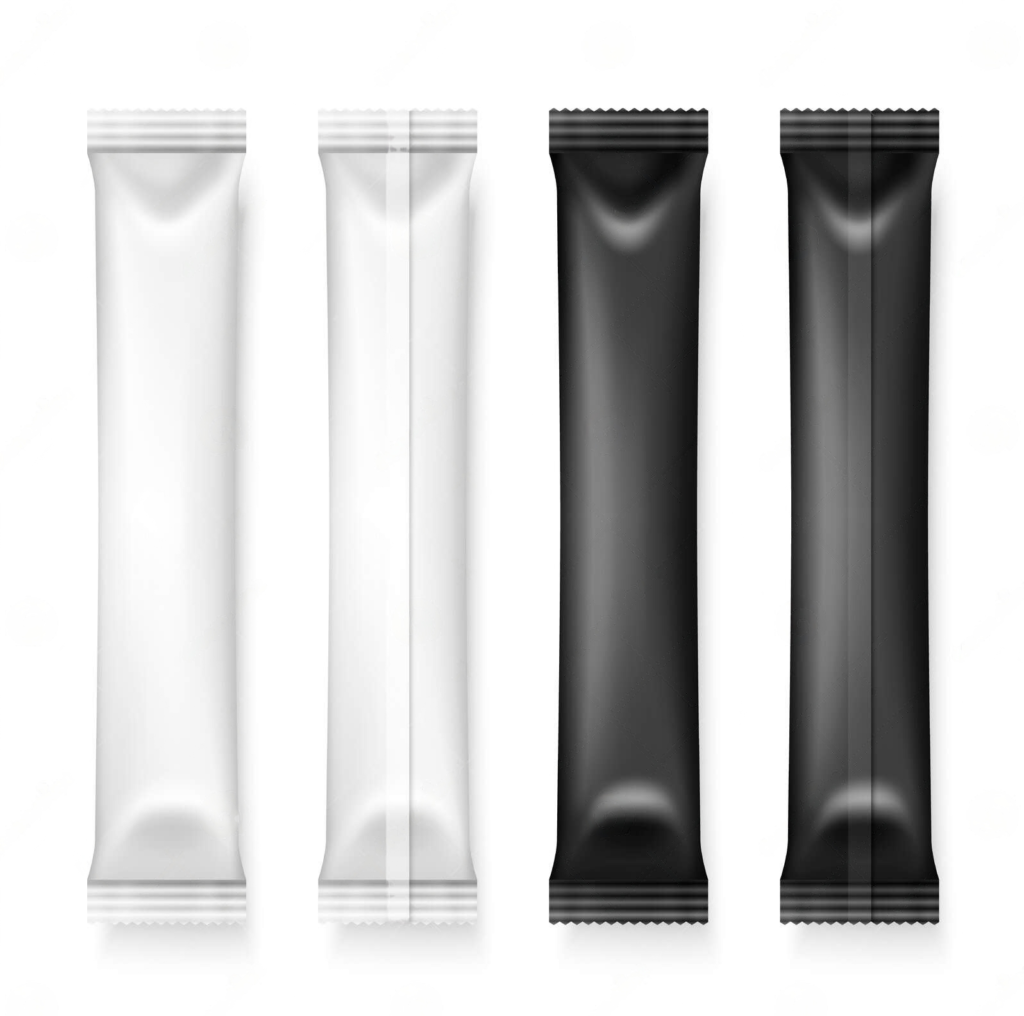
Suitable for: Powder blends
- Standup pouches: Stand-up pouches are adaptable, portable, and resealable bags with plenty of space for various supplement forms. They provide great moisture resistance, a pleasing aesthetic, and a sizable printing space for branding and product details. Protein powders, vitamins in granular or powder form, and even gummies can be packaged in stand-up pouches.
Suitable for: Powders, Tablet (Gummies)
- Pouches or Zip lock bags: Ziplock bags and pouches are versatile packaging choices that provide consumers mobility and convenience. They are preferred by those who are constantly on the go since they are portable, lightweight, and take up little room. Since ziplock bags and pouches exist in a variety of sizes, supplement companies provides range of multiple product amounts. They are economical and particularly suited for trial-sized or sample-sized items. With improvements in printing technology, pouches and ziplock bags also have eye-catching graphics and branding that successfully draw customers to them on store shelves.
Suitable for: Tablets, Capsules and Powder blends
Why packaging plays an important role in supplement business?
In the supplement industry, packaging has a significant and multidimensional impact on a variety of factors, including product success, customer perception, and brand identification. The following are some of the main justifications for why supplement packaging is so crucial:
- Product Safety & Stability: Packaging is primarily accountable for protecting supplements from external influences such as humidity, air, sunlight, and pathogens. As long as the supplements are packaged properly, they will maintain their potency, purity, and efficacy. It also shields the product from oxidation, deterioration, and decomposition, preserving its quality and guaranteeing that consumers get supplements with the appropriate health benefits.

- Consumer Safety & Trust: Consumers are more confident regarding the product’s safety and authenticity when it is packaged securely. Customers trust supplements that are well-packaged since they know the product hasn’t been tampered with or contaminated. Packaging that adheres to industry rules and quality standards raises consumer confidence in the brand and encourages solid commitment.
- Brand Identity: Packaging acts as a physical reflection of the brand’s identity and values. A supplement may stand out on shop shelves with attractive and well-designed packaging, which will draw customers’ attention and influence their purchasing decisions. Brand identification and the perception of the brand among customers are both strengthened by consistent branding throughout packaging.
- User Friendly: Easy-to-use packaging improves the whole shopping experience. Consumers’ everyday routines are made more convenient by packaging alternatives that are simple to open, reseal, and transport, like zip lock bags or effervescent bottles. A favourable consumer experience with packaging can lead to repeat sales and positive word-of-mouth referrals.
- Communication: For supplement companies, packaging serves as a crucial tool for communication. It offers essential product details such dose guidelines, ingredients, nutritional information, and health claims. Consumer decision-making is made easier by transparent and educational packaging, which also encourages adherence to industry laws.
- Environmental concerns: Consumer preferences for making environmentally responsible decisions are aligned with eco-friendly and sustainable packaging options. Environmentally friendly packaging choices, including using less plastic or recyclable materials, appeal to environmentally concerned customers and enhance a brand’s reputation.
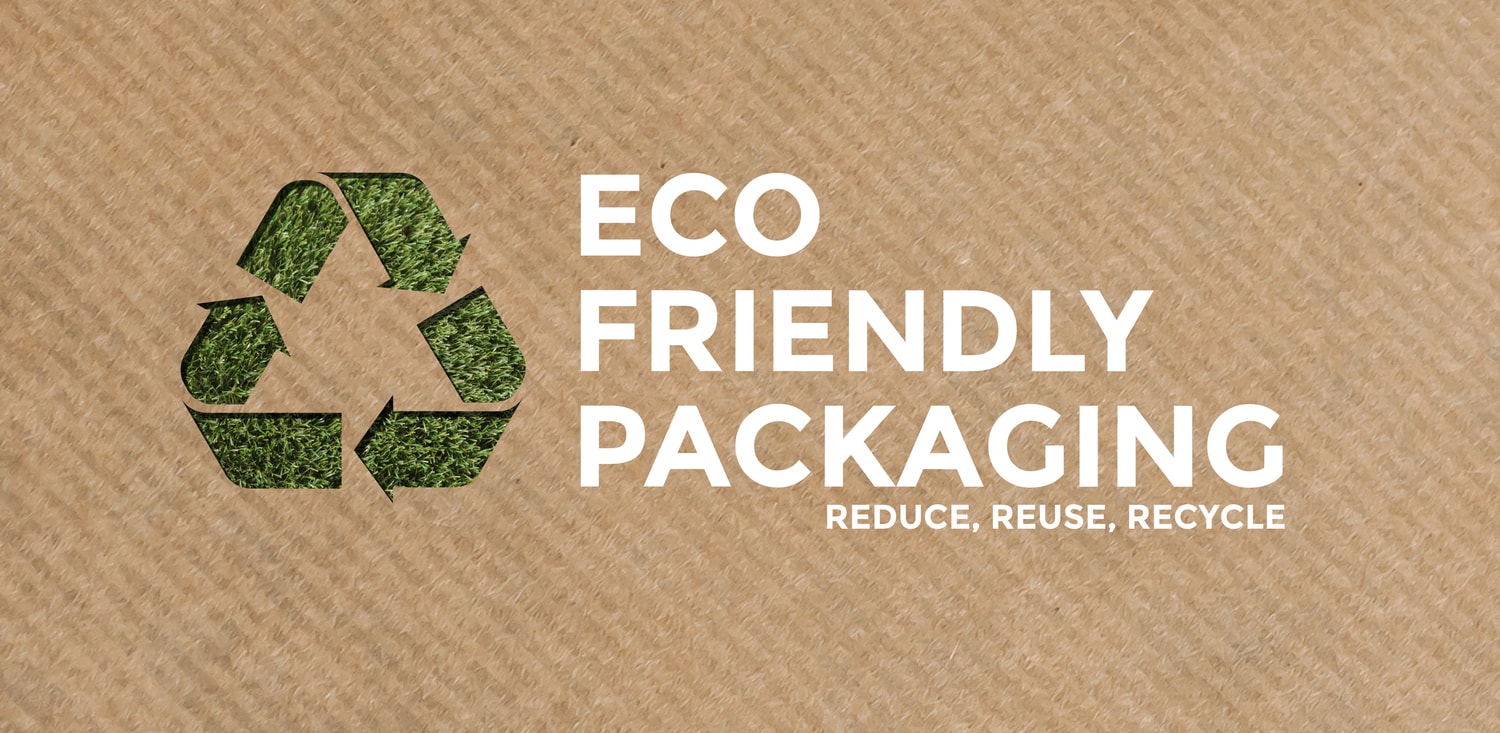
In conclusion, packaging is crucial to the supplement industry since it influences brand identification, differentiation, customer experience, safety of products, and environmental concerns. Supplement companies may positively influence customers, acquire a competitive edge, and cultivate a strong and dependable brand presence in the dynamic supplement industry by carefully examining the importance of packaging and investing in intelligent and efficient packaging solutions.
Why should you consider packaging your supplements in-house or partnering with a co-packer?
The importance of packaging to the supplement industry can be seen in how it affects brand identification, consumer perception, and product protection. There are two major approaches you can take when it comes to supplement packaging: you can either handle the task internally or work with a co-packer. You may choose the best strategy for your supplement business by being aware of the benefits and factors of each technique.
In house packaging:
Advantages:
- Control and Customization: When you manage packaging in-house, you have total control over every step of the process, from choosing the materials to designing and branding. The packaging may be specifically tailored to match the tastes of your target market and your brand image.
- Flexibility: With in-house packaging, modifications may be made swiftly to meet market demands. You may test out several package designs and then refine them depending on consumer input and market trends.
- Consistency: By controlling the packaging in-house, you can make sure that the branding is constant throughout all product lines, enhancing your brand’s identity and customer recognition.
Considerations:
- Resources and Investment: Setting up an internal packaging factory necessitates a sizable initial investment in machinery, supplies, and qualified labour. It also necessitates continuing operational expenses.
- Expertise: Packaging requires specialised understanding of materials, adherence to labelling laws, and quality control. Make sure that everyone on your team is knowledgeable on industry standards and legal needs.
Co packaging:
Advantages:
- Cost-Effectiveness: Working with a co-packer might be more affordable, particularly for startups or companies with limited funds. By avoiding significant up-front equipment expenses, you may concentrate on other important areas of your company.
- Efficiency and experience: Co-packers are packaging experts who bring efficiency, understanding of the industry, and experience to the table. They can help in streamlining the packing procedure, cutting waste, and guaranteeing high-quality packaging.
- Scalability: You may expand your business without being concerned about production limitations because co-packers frequently have the capability to handle higher quantities and seasonal fluctuations.
Considerations:
- Quality Assurance: Co-packers offer experience, but it’s important to make sure they uphold strict quality control requirements in order to maintain the reputation of your brand.
- Teamwork and Communication: Working with a co-packer requires effective teamwork and communication. Make sure they are capable of meeting your deadlines and are aware of your packing needs.
Finally, it’s important to carefully evaluate your business objectives, available assets, experience, and long-term goals when choosing how to pack your supplements. Both using in-house packaging and working with a co-packer have certain benefits and things to keep in mind. By doing a comprehensive examination and making a smart choice, you can align the packaging strategy with your brand’s values and support the growth and development of your supplement business.
Glentworth Formulations is here to suit your every need. Everything from Tablets, Capsules and Powder Blends.
If you are wanting to know more information, please get in touch with us. Either using the contact form or contacting us directly on: [email protected].


